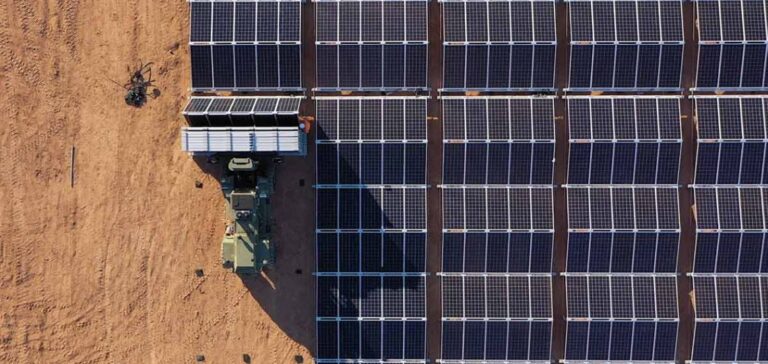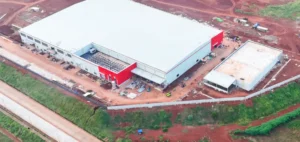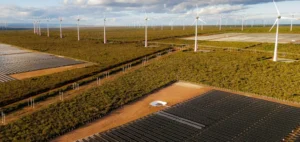Mike Cannon-Brookes, co-founder of technology company Atlassian, is now focusing his efforts on the Australian energy sector.
Known for building one of the world’s most successful software companies, he is redirecting his capital towards renewable energies.
His interest in solar energy is reflected in the SunCable project, a colossal initiative to develop the world’s largest solar power plant, located in Australia’s Northern Territory.
The 21 billion euro project is designed to produce energy from 2030 onwards, with the ambition of exporting this energy to South-East Asia.
A strategic shift with AGL
Cannon-Brookes also acquired a significant stake in AGL, Australia’s largest electricity supplier.
This strategic investment is part of the company’s drive to transform the country’s energy landscape by closing two of the group’s major coal-fired power stations well ahead of schedule.
This decision marks an important step in reducing carbon emissions nationwide, while strengthening the competitiveness of renewable energies against traditional energy sources.
Economic and environmental outlook
Cannon-Brookes’ investment choices are motivated by a rigorous analysis of energy market trends.
It is betting on increased electrification of the Australian economy, considering that renewable energies offer significant competitive advantages in terms of cost and sustainability.
By redirecting its investments, it intends to position Australia not only as a leader in clean energy production, but also as a major exporter to regional markets.
These initiatives reflect a strategy aligned with the economic realities of the energy sector, where profitability and sustainability are becoming major growth drivers.
Far from being ideological, Cannon-Brookes’ commitment is based on a pragmatic assessment of the opportunities offered by renewable energies, while meeting the carbon emission reduction requirements imposed by national and international regulations.






















